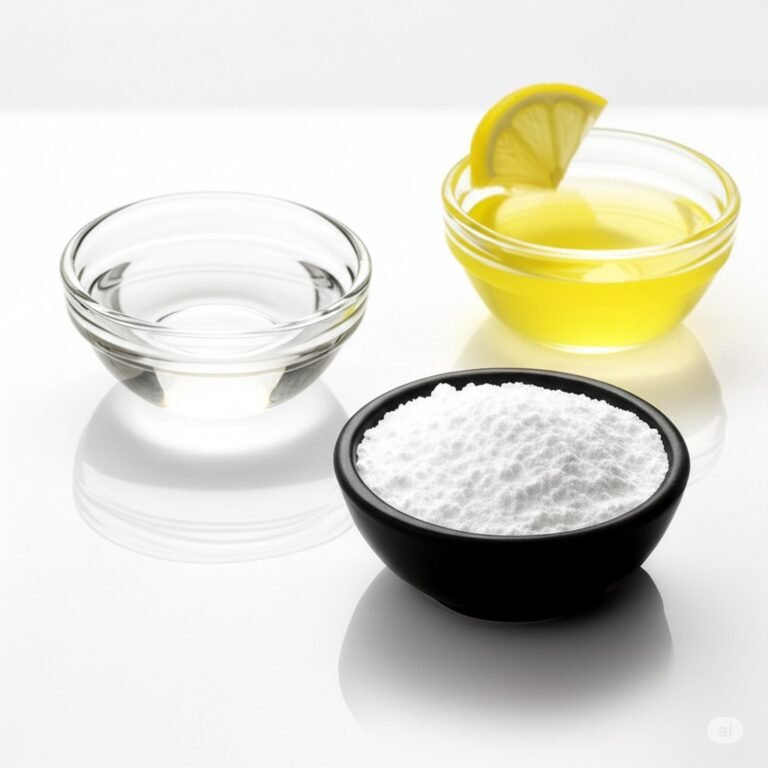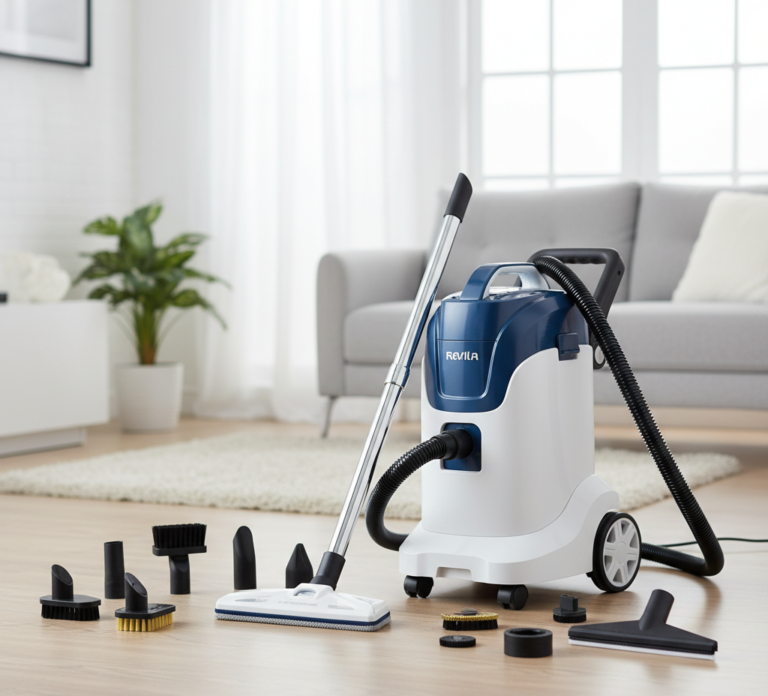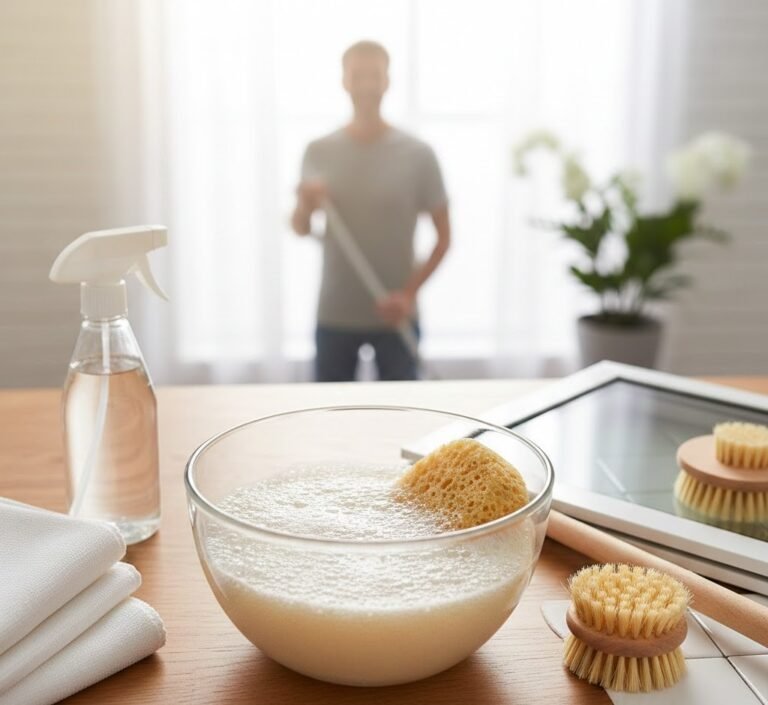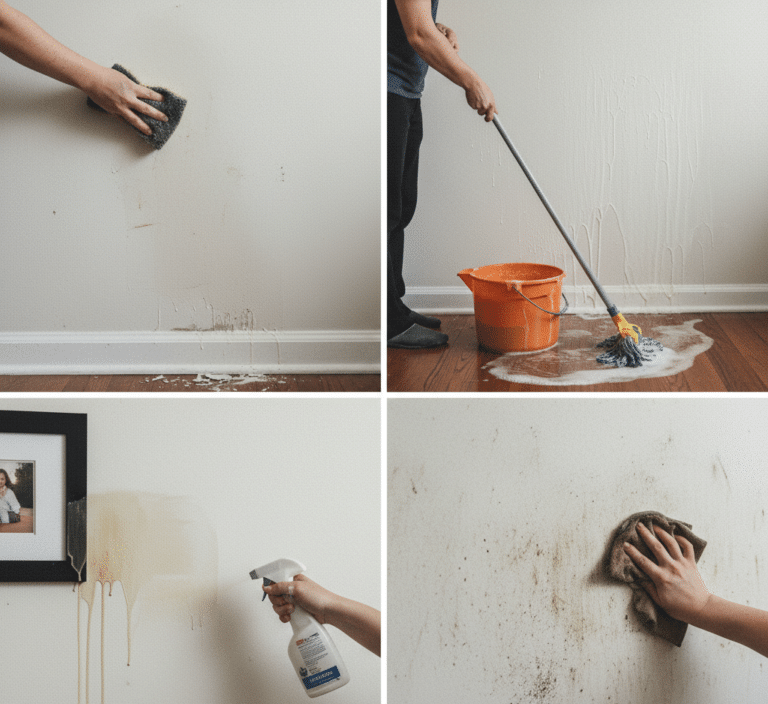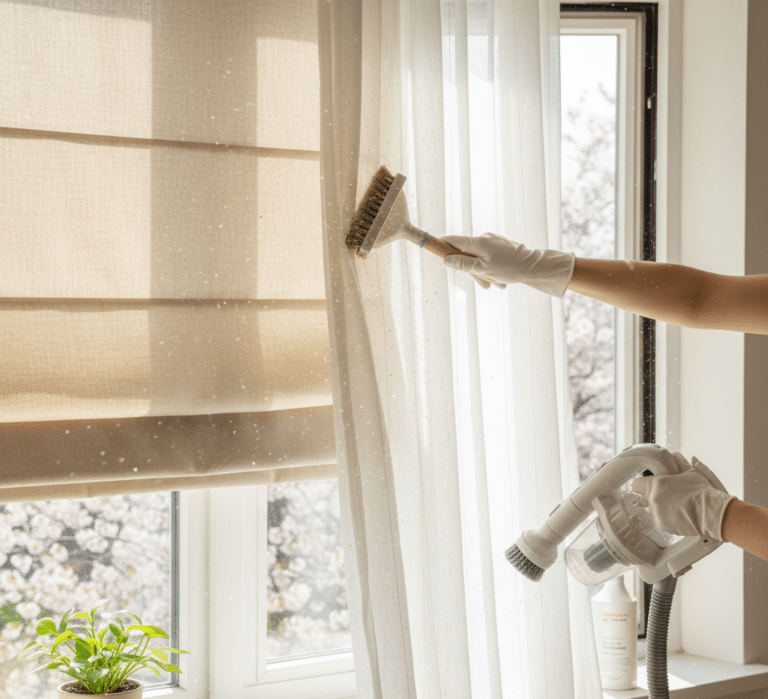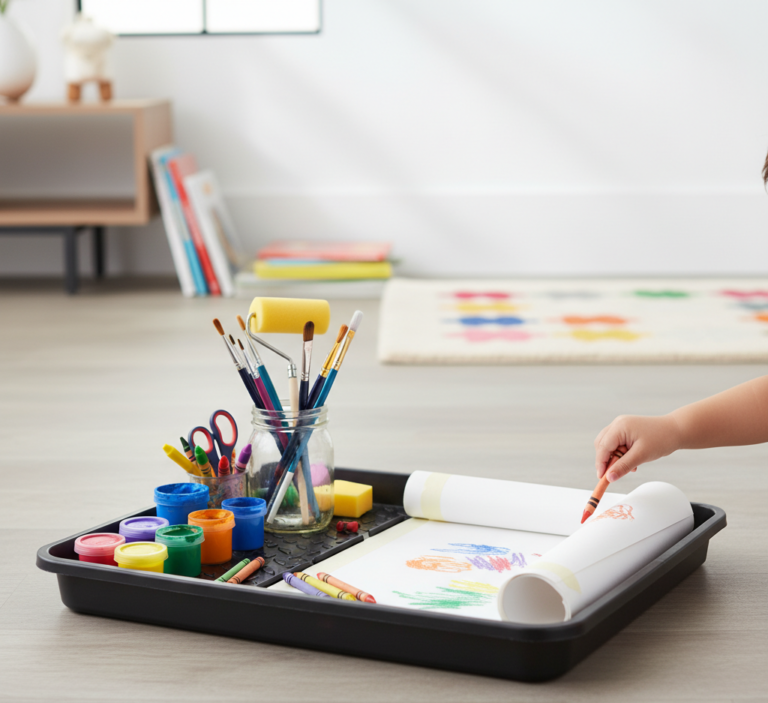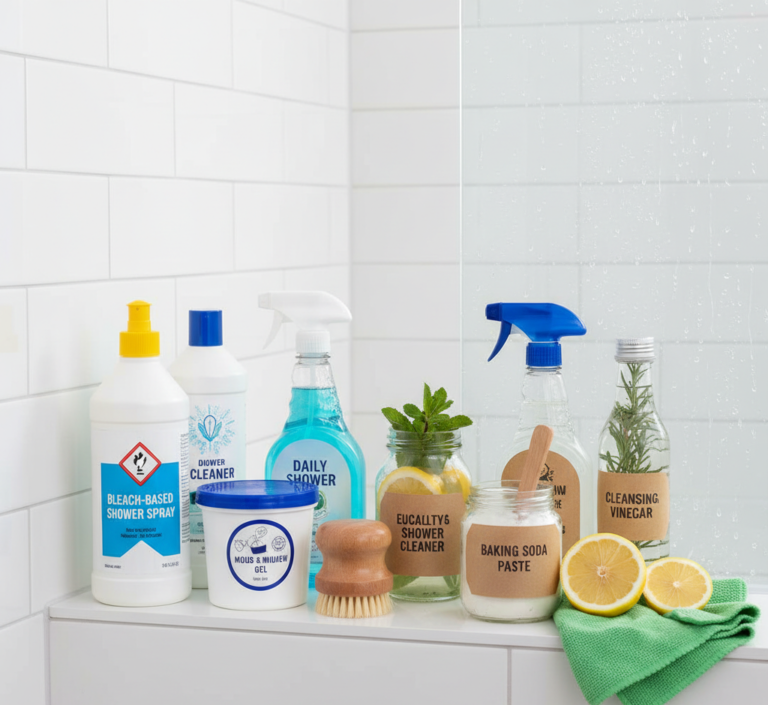Homemade mixes, often based on simple ingredients like vinegar and baking soda, can be surprisingly powerful against kitchen grime. The true measure of a clean home isn’t found in the sheer number of specialized bottles under the sink, but in the intelligent application of a few fundamental, powerful ingredients. Long before the advent of hyper-specific commercial cleaners, households were maintained using substances readily available in the pantry. This return to basics is not about sentimentality; it is about embracing the potent, economical, and often superior efficacy of homemade mixes. Understanding the chemical properties of these simple ingredients—their acidity, alkalinity, abrasiveness, and disinfecting capabilities—is the key to unlocking a versatile and formidable cleaning arsenal. The beauty of these homemade mixes is their customizability and the transparent control they offer over the substances introduced into your living environment.
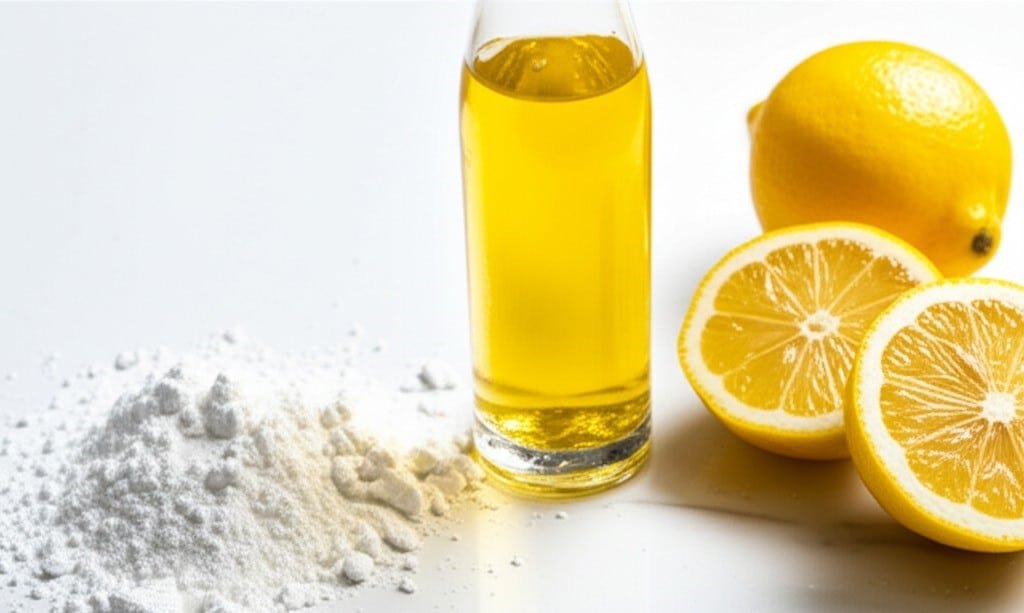
1.Vinegar and Lemon Juice
At the center of this approach are the acidic powerhouses: white vinegar and lemon juice. White vinegar’s cleaning prowess comes from its acetic acid content, which gives it a low pH ideal for dissolving mineral deposits. This makes it the champion against limescale on faucets, showerheads, and inside kettles. One of the most foundational homemade mixes is a simple all-purpose surface cleaner: a 50/50 solution of white vinegar and water in a reusable spray bottle. This is the go-to for wiping down kitchen countertops (with the crucial exception of natural stone), cleaning the exterior of refrigerators and dishwashers, and making sinks sparkle. When faced with stubborn kitchen grease, this basic formula can be enhanced. By adding a teaspoon of a simple, non-moisturizing dish soap, you transform the solution. The soap acts as a surfactant, breaking the surface tension of the grease, allowing the acidic vinegar to penetrate and dissolve it more effectively.
For deeper cleaning tasks, the concentration of these acidic homemade mixes can be adjusted. To descale a coffee maker, run a full cycle with a reservoir of half vinegar and half water, followed by two or three cycles of plain water to completely flush the system. To restore a clogged showerhead, submerge it completely in a bowl of undiluted white vinegar overnight. The acetic acid will patiently eat away at the calcium and magnesium buildup. A quick scrub with an old toothbrush in the morning will dislodge any remaining particles, restoring full water pressure. As a natural rinse aid in your dishwasher, a small, upright bowl of white vinegar placed on the top rack can help prevent water spots on glassware, proving the diverse utility of these homemade mixes. Lemon juice, with its citric acid, works similarly but offers the added benefits of a natural degreaser and a fresh, clean scent. A fantastic trick for cleaning a grimy microwave involves one of the simplest homemade mixes imaginable: slice a lemon into a bowl of water, microwave on high for three to five minutes until boiling, and let the steam-filled chamber sit for ten minutes before wiping. The steam, infused with citric acid, softens baked-on food to the point where it can be wiped away with almost no effort.
It is absolutely critical, however, to understand the limitations of acidic homemade mixes. Their power to dissolve minerals means they will permanently damage certain surfaces. Never use vinegar or lemon juice on natural stone like marble, granite, travertine, or soapstone. The acid will etch the surface, creating dull spots and compromising the sealant. Likewise, avoid using it on waxed wood furniture or floors, as it will strip the protective finish. Cast iron cookware, which relies on a polymerized oil seasoning, will also be stripped by acid.
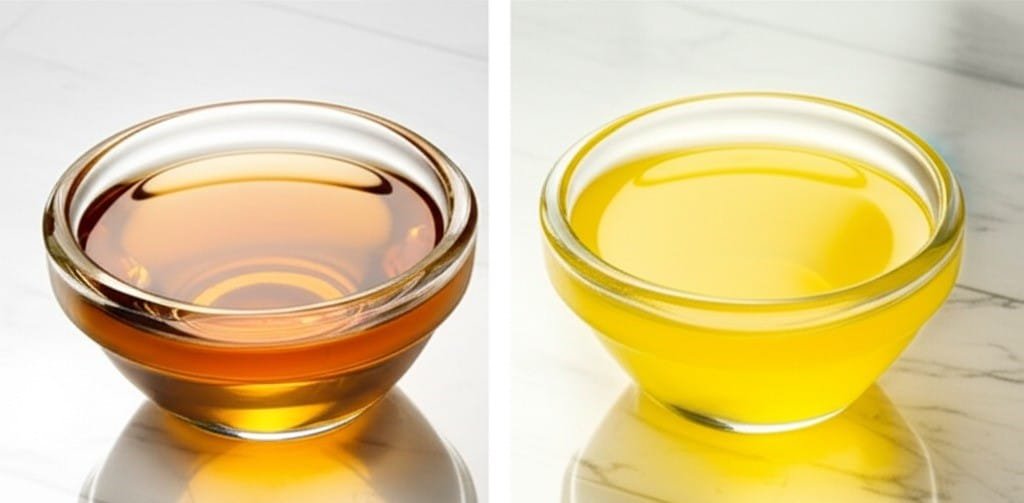
2.Sodium Bicarbonate
On the opposite end of the pH spectrum lies baking soda, or sodium bicarbonate. This mild alkali is a master of dissolving organic compounds like dirt and grease. Its fine, crystalline structure also makes it a superb gentle abrasive that won’t scratch most surfaces. For a powerful scouring paste, one of the most effective homemade mixes for bathrooms and kitchens, simply combine baking soda with a small amount of water to form a thick, spreadable consistency. This paste is perfect for cleaning sinks, tubs, and tile. Apply it, let it sit for twenty minutes to allow the alkali to work, and then scrub. For notoriously difficult tile grout, this is where you can see the synergistic power of combining different homemade mixes. After scrubbing with the baking soda paste, a light spray of hydrogen peroxide will create a fizzing reaction that helps lift deep-set stains.
This same baking soda paste is the secret to a fume-free, non-toxic oven cleaning. Coat the cool, interior surfaces of the oven (avoiding heating elements) and let the paste sit overnight. The sodium bicarbonate will break down the carbonized grease, which can then be scraped and wiped away the next day. A final spray of vinegar will react with any leftover paste residue, making the final wipe-down easier. Beyond scrubbing, baking soda is a world-class deodorizer. It neutralizes odor molecules rather than masking them. Sprinkling a generous layer over carpets and rugs, letting it sit for an hour, and then vacuuming it up will pull out stale smells. An open box in the fridge, a sprinkle in the bottom of the trash can, or a pour down a smelly drain followed by hot vinegar are all testaments to the deodorizing strength of this simple powder. These applications showcase how homemade mixes can be as simple as a single, well-applied ingredient.
For disinfection and achieving a polished finish, rubbing alcohol and hydrogen peroxide are essential. Isopropyl alcohol is an excellent solvent that evaporates quickly without a trace. This makes it a key ingredient in some of the most effective homemade mixes for shiny surfaces. For a perfect, streak-free stainless steel cleaner, mix equal parts water and 70% isopropyl alcohol with a few drops of a neutral oil like mineral or olive oil in a spray bottle. The alcohol cleans, and the oil provides a micro-layer that buffs to a shine and resists fingerprints. This same principle makes alcohol a valuable addition to window cleaning solutions, as its rapid evaporation is the secret to preventing streaks. It’s also invaluable for disinfecting high-touch surfaces like light switches, doorknobs, and remote controls.
Hydrogen peroxide (the common 3% solution) is a powerful disinfectant and mild bleaching agent that works through oxidation. It must be stored in its original opaque bottle, as light quickly degrades it. For a safe and effective countertop disinfectant, it can be sprayed directly onto surfaces and left to bubble for several minutes before being wiped clean. As mentioned, it’s a star player in grout-cleaning homemade mixes, but it also works as a laundry stain remover for white fabrics. Always spot-test first, as its gentle bleaching action can affect some dyes. A crucial safety note: while you can use hydrogen peroxide and vinegar sequentially as a cleaning duo, never mix and store them in the same bottle. This creates peracetic acid, a potentially corrosive and irritating substance. This highlights the importance of understanding the chemistry behind your homemade mixes.
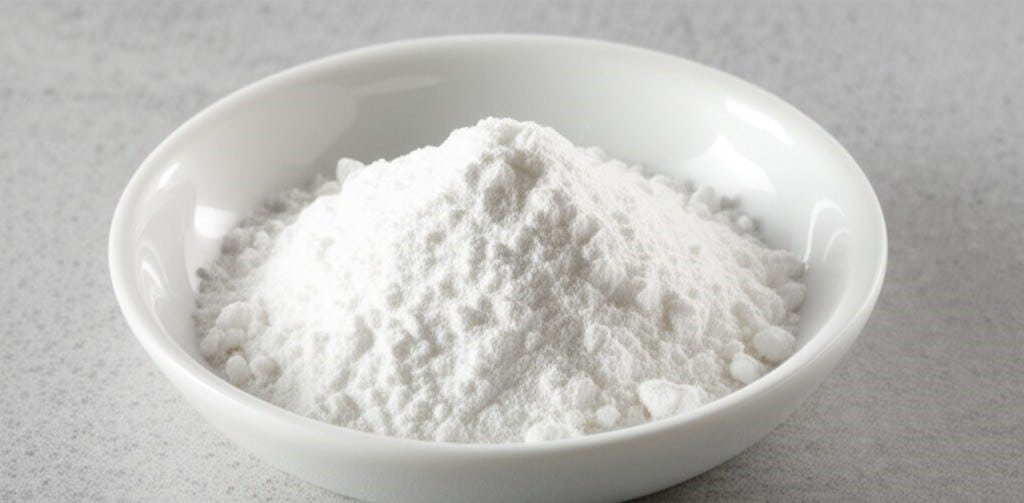
3.Cornstarch
The versatility of homemade mixes is expanded even further with a cast of supporting ingredients. Coarse salt acts as a potent abrasive, perfect for scrubbing cast iron pans (with a bit of oil) or wooden cutting boards (with a lemon half). Cornstarch is surprisingly effective at absorbing fresh grease stains from fabric or upholstery before they set. Cream of tartar, a byproduct of winemaking, is another mild acid that can be made into a paste to polish stainless steel and aluminum. Castile soap, a gentle soap derived from vegetable oils, is the foundation for many non-toxic floor cleaners. A teaspoon in a gallon of warm water is sufficient for most sealed floors, adding cleaning power without harsh detergents. Finally, essential oils can elevate your homemade mixes from purely functional to sensorial. A dozen drops of tea tree or eucalyptus oil adds real antimicrobial and antifungal properties to a surface spray, while lavender or citrus oils simply make the cleaning process more pleasant. The ability to customize the scent and properties of your cleaning solutions is a unique advantage of creating your own homemade mixes.
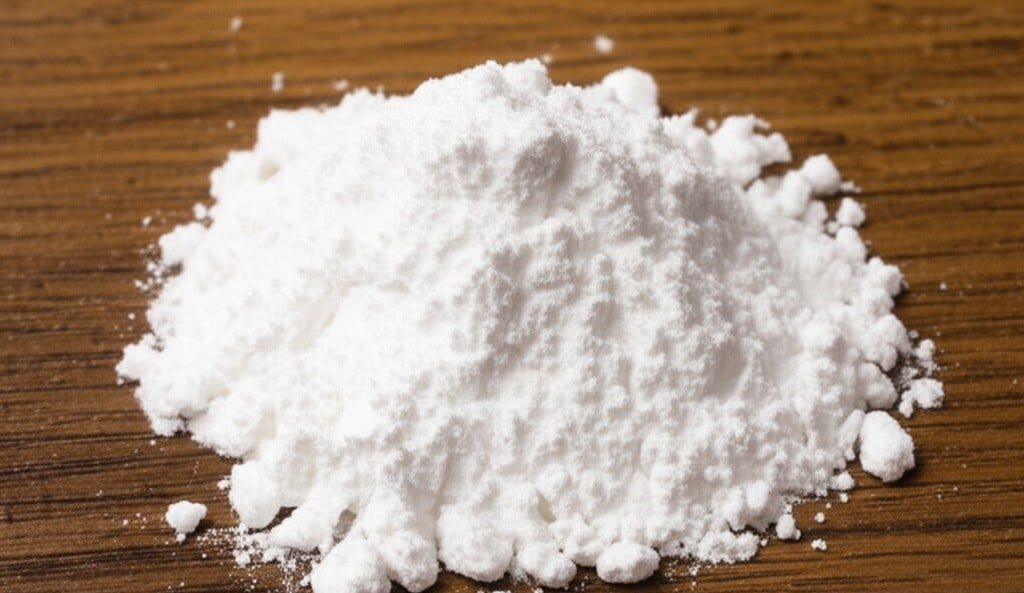
Ultimately, embracing this approach is about more than just saving money or avoiding harsh chemicals. It is a methodical, knowledge-based practice. It involves diagnosing the cleaning problem is it a mineral deposit, a greasy film, a stain, or a germ concern?—and then formulating the precise solution from a simple set of tools. The consistent success of these homemade mixes proves that the most effective solutions are often the most fundamental. This hands-on approach builds a deeper connection to the maintenance of your home, turning chores into a practice of applied science. These time-tested homemade mixes are not just recipes; they are a smarter, more resourceful way to achieve a truly pristine living space.
Mastering the art of creating effective homemade mixes from simple, accessible ingredients provides a powerful and satisfying way to maintain every corner of your home. It’s a method built on understanding and resourcefulness. For those times when your schedule is unforgiving or you’re facing a cleaning project that demands a professional’s touch, Toronto Shine Cleaning offers that same level of detailed, knowledgeable care. We bring the expertise and professional equipment to deliver a comprehensive clean, ensuring your home receives the thorough attention it deserves.













